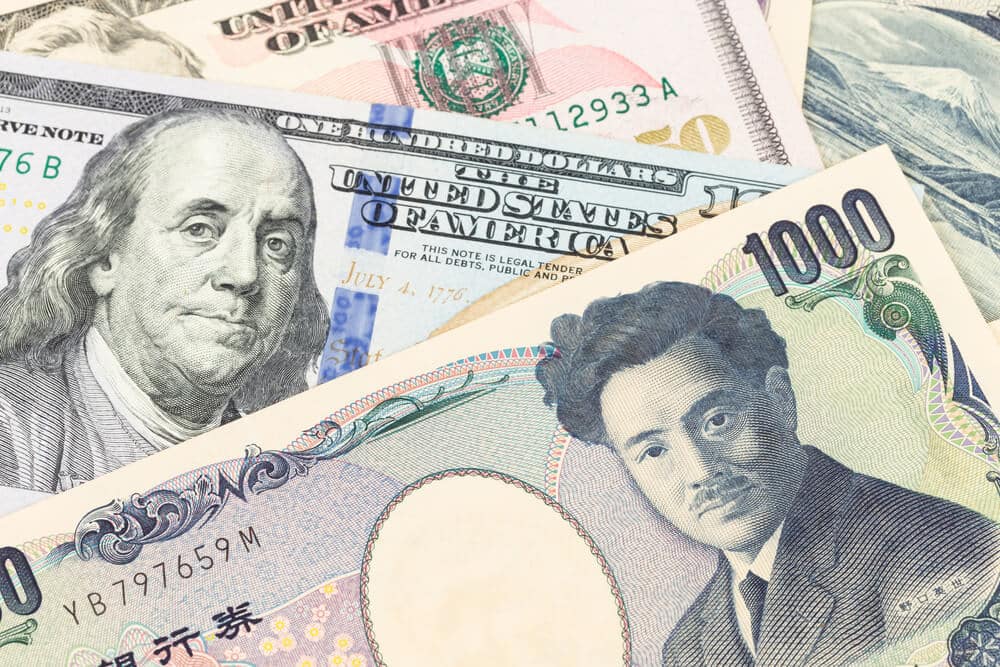
Dollar Gains against the Yen
The dollar was up against the yen on forex Tuesday as Japanese investors raced to cover a USD shortage. Japanese companies scrambled for greenbacks on the last day of their fiscal year.
The U.S. dollar index, rose 0.12% to 99.4 as the USD/JPY pair gained 0.61%.
Yukio Ishizuki, FX strategist at Daiwa Securities, said “The talk is Japanese names are short of dollars.” “It is likely to keep the bid well into London time,” he added.
Furthermore Ishizuki said we have to look beyond that and focus on what’s going on in China’s economy. He also added, “even if there is some decent data from China, I cannot be optimistic.” This is because economic activity in many countries is grinding to a halt.
Tuesday is the last forex trading data for Japan’s fiscal year. It is also the end of the quarter for major investors in other countries. Players in the currency markets expect volatile swings as they close their books.
Sentiment remained fragile as the wild spread of the COVID-19 pandemic has not subsided.
Meanwhile, Japan’s Government Pension Investment Fund would raise its allocation target for foreign bonds to 25% from the current 15%. This will mark a shift from unprofitable domestic bonds to foreign assets.
Another 11 trillion yen or $101.46 billion would be poured into foreign bonds if the fund invests 25%. This is based on the fund’s results as of end-June.
The Dollar Against Other Currencies
In the offshore FX market, the yuan was little changed at 7.1114 versus the U.S. currency. The USD/CNY pair lost 0.15% to 7.0877. China’s currency eased yesterday after the People’s Bank of China announced a cut in its reverse repo rate.
The GBP/USD pair was down 0.66% to 1.2334. Moreover, the AUD/USD pair gained 0.26% to 0.6188 while the NZD/USD pair gained 0.23% to 0.6028.
The euro changed little at $1.1031. The U.S. currency held steady against the Swiss franc at 0.9600, following a 0.8% gain on Monday.
The sterling dropped 0.46% to $1.2367, and against the euro, the pound dropped 0.38% to 89.23 pence.
Australian and New Zealand currencies were under heavy selling pressure in recent weeks. Their close economic ties to China and the global commodities trade were under the impact of the coronavirus outbreak.


